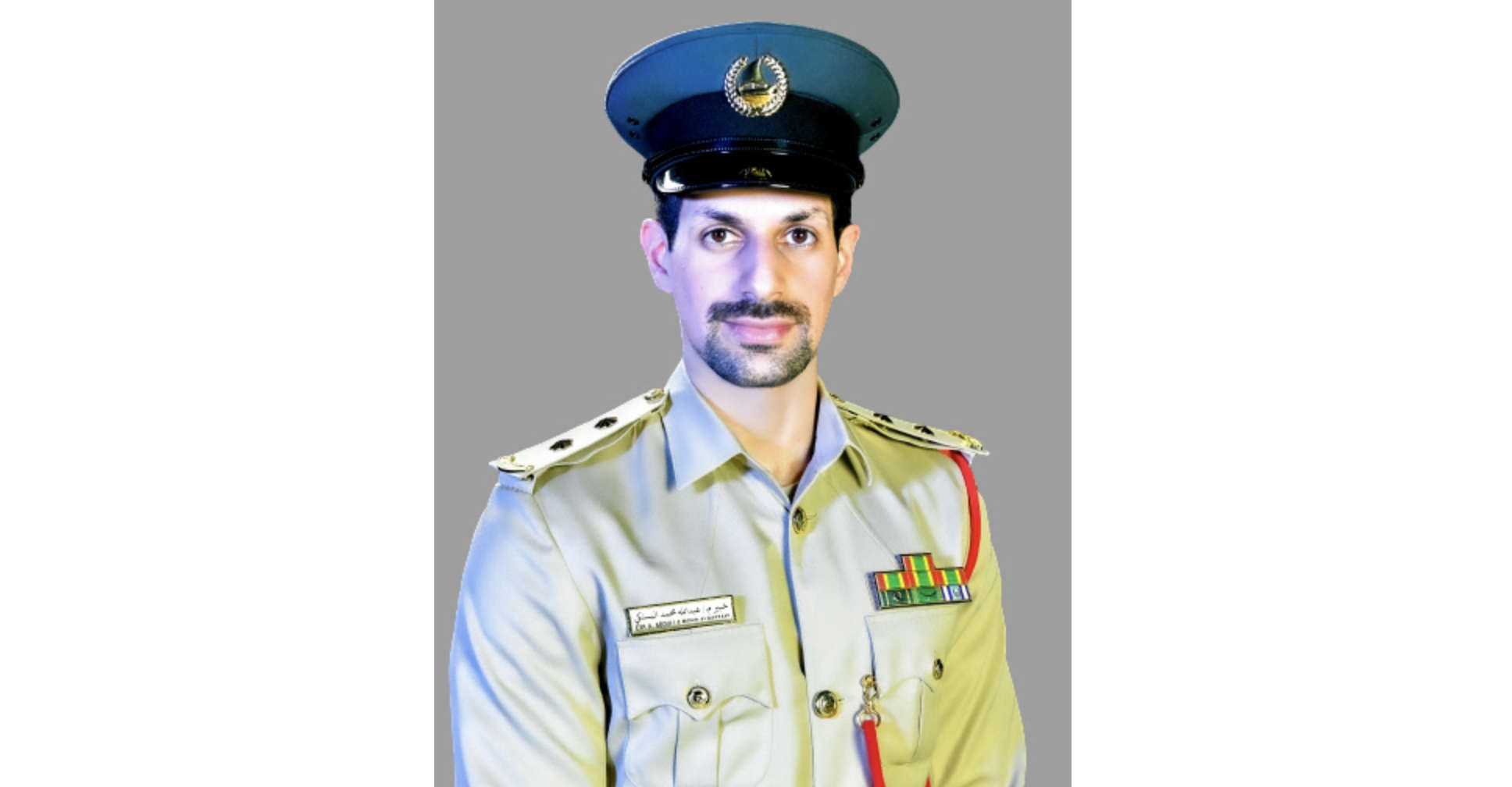
First Lieutenant Abdullah Al Bastaki from the General Department of Forensic Evidence and Criminology at Dubai Police has been given the Commander-in-Chief Award for Scientific Excellence for his research at local and international levels.
Lieutenant Al Bastaki showed first showed a strong interest in science shortly after completing high school with average grades of of 99.7 per cent. He earned a scholarship from the Dubai Police General Command to study forensic sciences in the United Kingdom, which he graduated from with distinction with honours.
His dedication to scientific excellence prompted him to continue his education by submitting a master's thesis at Nottingham Trent University in Molecular Cytology, earning his honours degree with first-class honours, becoming the first to specialize in this important science from Dubai Police.
First Lieutenant Abdullah Al Bastaki, who is currently working as an expert in the Department of Biology and DNA in the General Department of Forensic Evidence and Criminology, is the first young Emirati to research the science of "identifying people by microbial communities", and the first young Emirati to conduct research related to one of the deadly bacteria called chronobacter.
His passion for science led him to enter the world of inventors, where Lieutenant Al Bastaki was able to obtain a patent in the field of DNA after his effective contribution to the design of chemical solutions targeting 26 genetic sites in the male chromosome, in addition to playing an important role in Dubai Police in preparing 6 comparisons Scientific reference in the field of DNA and viruses.
First Lieutenant Al Bastaki also participated in more than 55 courses and workshops, presented five scientific papers in local and international conferences, in addition to his contribution to submitting 70 proposals and participating in 15 various projects and initiatives at the level of Dubai Police.
First Lieutenant Al Bastaki has published four academic manuscripts, all in the scientific field. The first book was titled “Microbes and the Criminal World” and dealt with ways to identify people by the microbial community formed in saliva, while the second book dealt with the topic “The ability of Chronobacter bacteria to endure harsh environmental conditions,” and dealt with The third workbook is on "Examinations of wastewater samples to detect epidemics and diseases", and the fourth work is about "Biosafety Levels in Laboratories".
First Lieutenant Al-Bakti has published nine research papers in international fields, including a study considered the first of its kind on “Linking Mobile Phones to Biological Security” in cooperation with the Australia's Bond University and Mohammed bin Rashid Medical University, and a study on microbiome examinations, in cooperation with Bond University, and two studies with the Pakistani scientific team on the genetic census of the Pakistani people, and other research.
First Lieutenant Al Bastaki is currently working on many scientific research projects at the local and international levels in cooperation with governmental work teams and local departments, and holds the membership of many professional and specialized teams, and seeks to achieve more excellence for leadership in his career in order to serve his country.




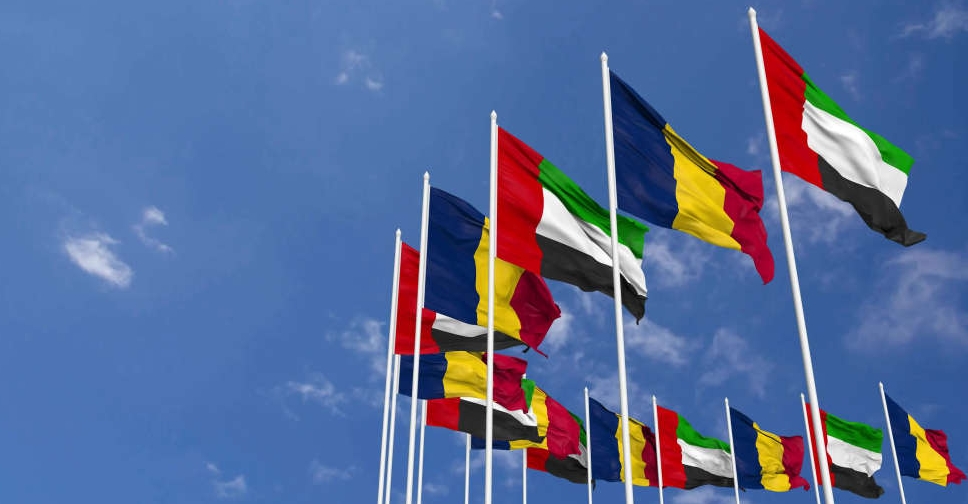 UAE to build mosque and cultural centre in Chad
UAE to build mosque and cultural centre in Chad
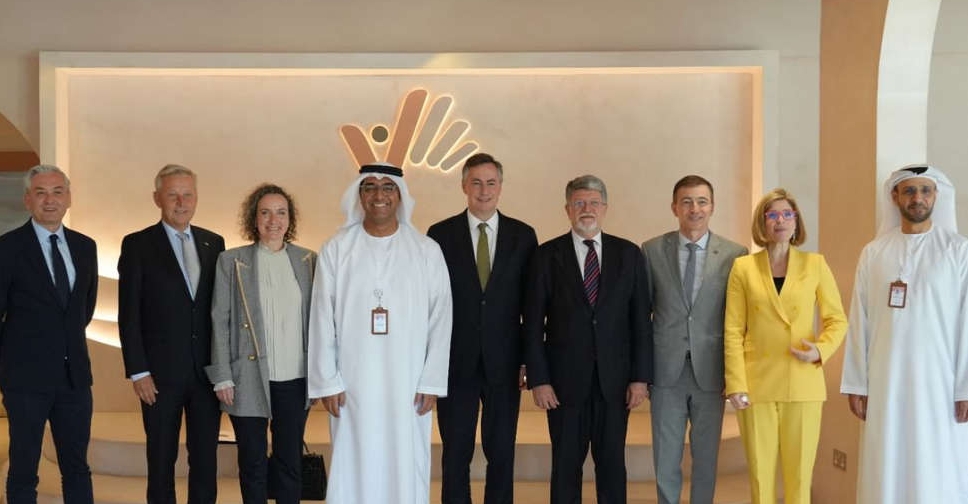 UAE human rights body receives European Parliament delegation
UAE human rights body receives European Parliament delegation
 RTA opens new bridge to cut travel time by 67%
RTA opens new bridge to cut travel time by 67%
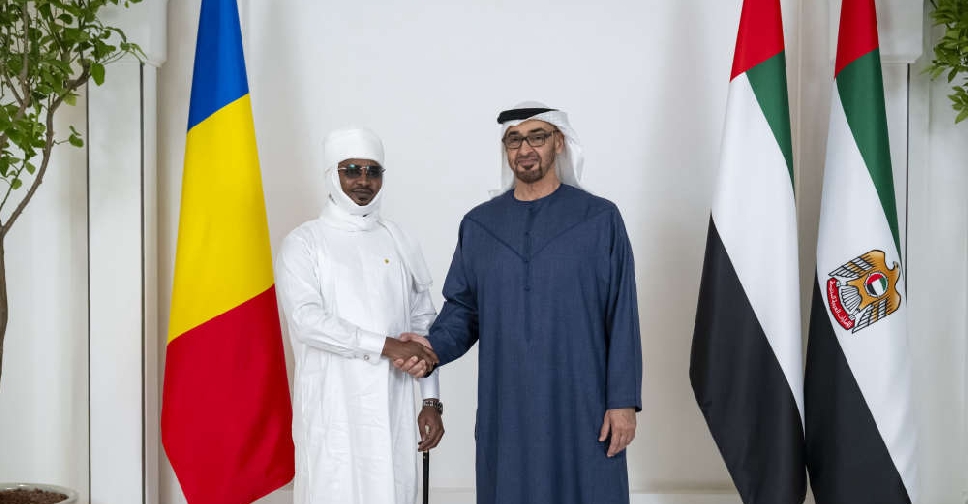 UAE, Chad Presidents discuss closer cooperation
UAE, Chad Presidents discuss closer cooperation
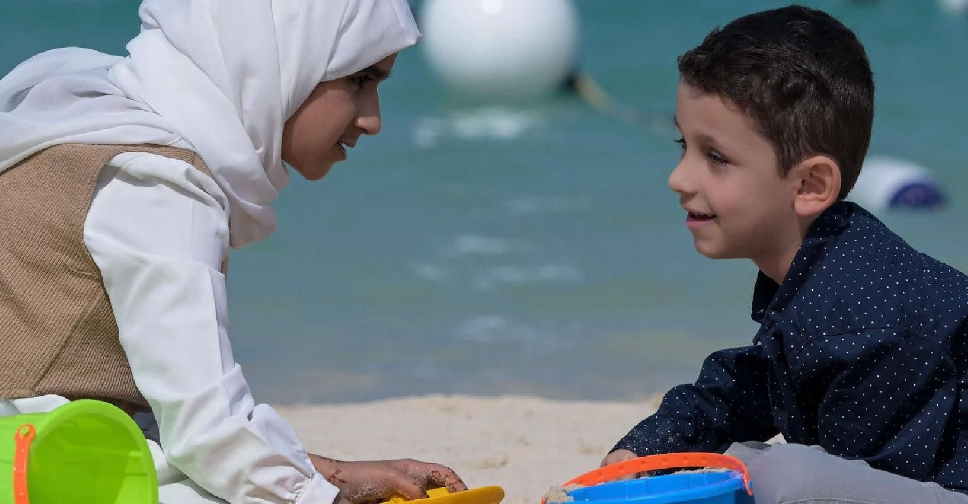 Abu Dhabi opens dedicated beach for visually impaired
Abu Dhabi opens dedicated beach for visually impaired





